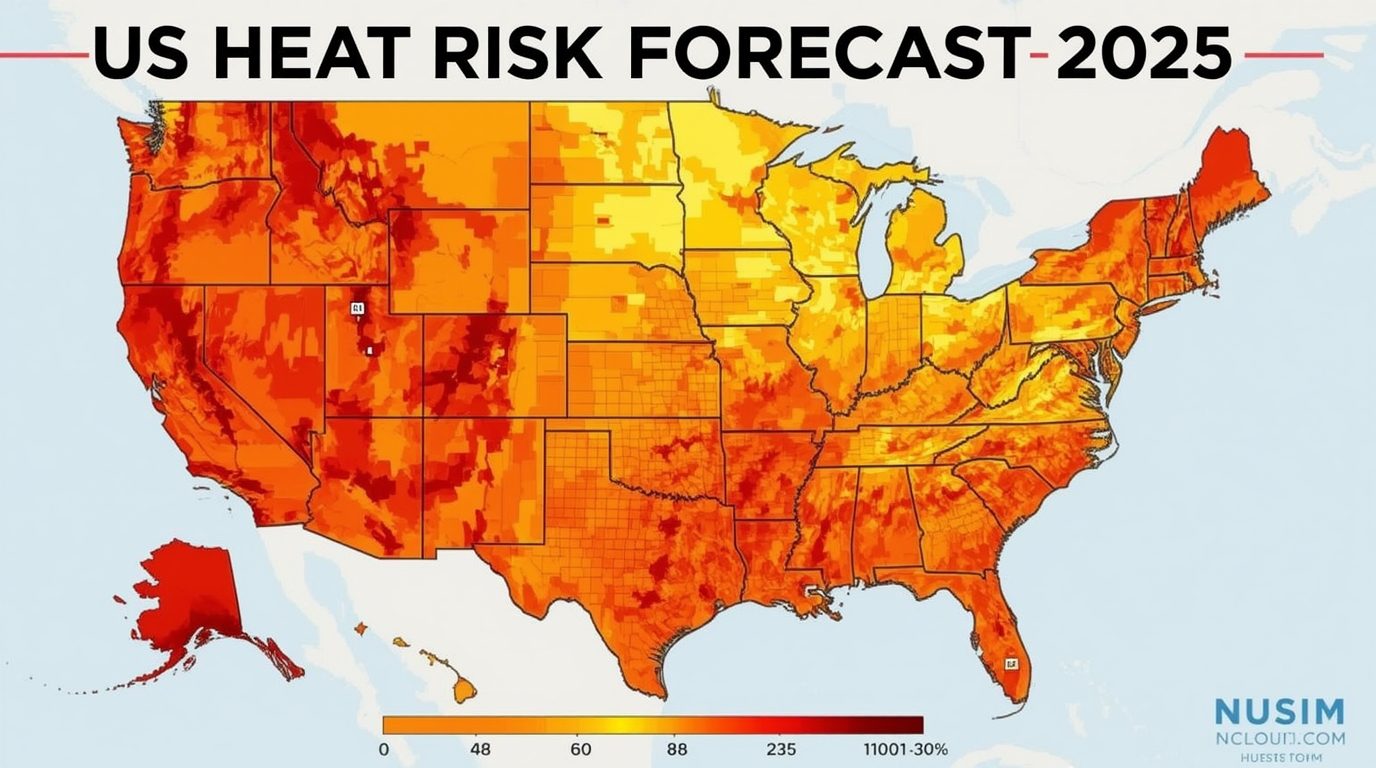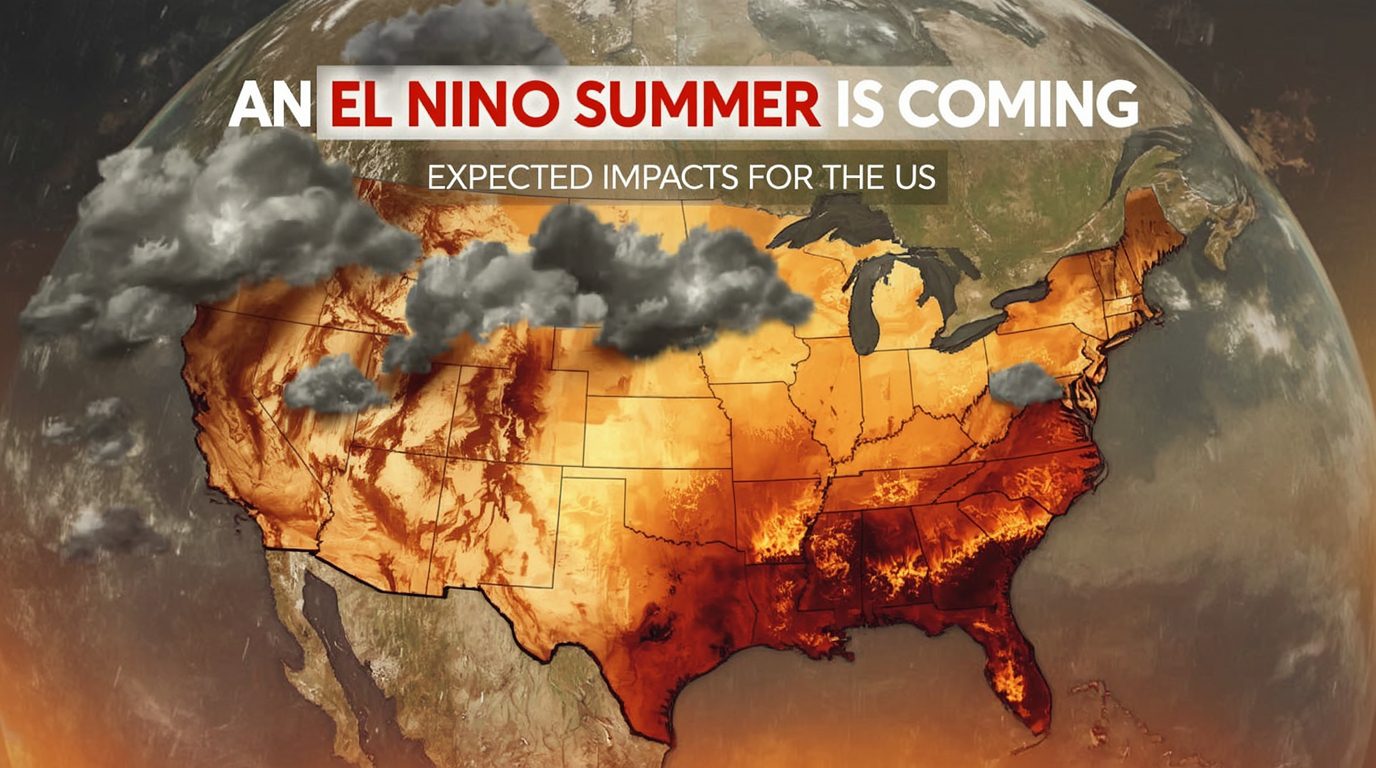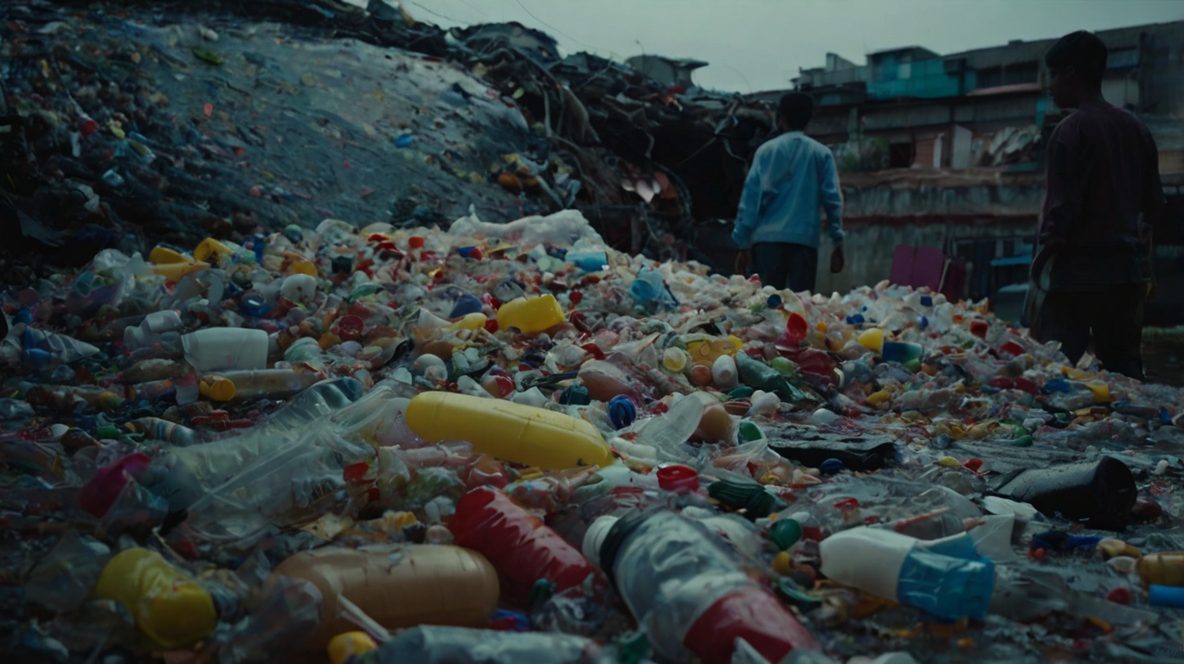Study Shows Increase in Global Temperature Linked To Increased Sugar Intake
Research unveils shocking new evidence that as the world heats up, the American population is consuming more sugar than ever. The startling correlation between warmer days, and the rising intake of sugary beverages, sodas, ice-creams, and other chilled items is yet another red flag in terms of the alarming repercussions that climate change comes with.
While climate change issues such as extreme weather, rising temperatures, and heat waves do impact our psychology, rather, this is the climate changes impact over and above the more accepted, conventional, and apparent changes. In a study co-authored by Pan He, a controllable dietary change i.e. a change relating to ones eating and drinking habits that can be easily brought about, is concerning. In this co-authored study, He is a lecturer in Environmental Science & Sustainability in Cardiff University. He emphasizes that, even though climate change is bound to shape food and nutrition quality, its impact on our eating choices is still underestimated. “It is a known fact that climate change is bound to change food availability and quality on a global scale resulting in a shortage of nutritious food that will be expensive to acquire. In contrast, the change is, indeed, bound to happen, to the food and drink options, far less is known about.”
Method tracking, in this case, meant to determine the changes over a certain period, or time interval or, the relationships food choices are connected to over certain time frames.
He and his co-authors were able to publish this in Nature Climate Change and incorporate their uniqueness by using the U.S. household food purchasing data from 2004 and 2019 to quantify the correlation between rising temperature and sugar consumption. Temperature, together with humidity, from data sets a correlation with daily weather conditions that influenced purchasing food quantity. With high-level analytical thinking, the professionals involved in the study integrated regional climate predictions while taking each family’s budget, education, and the type of settlement, urban and rural, into consideration while assessing the relationships between the purchases made and the region’s weather. It has been established that, on any rise in temperature, households increase their intake of sugar, especially in the form of sugar-sweetened beverages like soft drinks, juices, and sweetened iced teas.
Precisely, the research illustrates that with every increase of 1.8 degrees fahrenheit (1 degrees celsius), the added sugar consumption in U.S. households rises on average 0.7 grams per individual in a day. Despite the fact that the increase might appear minor at a daily level, the overall impact over years and perhaps billions of households would be enormous. In addition, the increase in sugar intake was especially high at the range of 68 to 86 degrees fahrenheit (20–30 degrees celsius), which is the most common temperature range in America during summertime.
What Makes People Crave More Sugar When It Is Hot
The craving behaviors is physiological response and psychological response to heat. Perspiring in warmer temperature cause water loss and subsequently leads to dehydration and a need to cool down and rehydrate. Most physiologically cold, sugary, and highly palatable drinks and foods like frozen coffee, slushies, and ice cream syrupy sodas.
He explained, “Hotter weather makes bodies lose more water, causing people to crave people route out water from the body ice, and in the United States, that often means reaching for cold, something to sweeten the products.” These persistent habits may be built over time due to a highly sweetened drink that is also cold provided reinforcing gratifying levels of pleasure.
Socioeconomic Estimations from the Study
There seems to be a growing divide in America that is concerning, more and more of those in poverty and uneducated are drinking more sugary drinks and foods due to the heat. The reason for this is these groups tend to buy more overflowing added sugar products due to the low price and easy to get convenience of it.
People in lower income households are at a disadvantage due to a lack of access to air conditioning due to the increase in costs, which can increase the effect of heat on the body, amplifying the desire for cold sugary items. This is a probable cycle in which the target group suffers the most from both the increase in temperature and the health issues from excessive sugar intake, suggesting overwhelming evidence that something needs to change.
According to Charlotte Kukowski, a researcher associated with the Cambridge Social Decision-Making Lab, and who is not a part of this research, “There is every reason to be concerned, because the most at risk—those that are the least able to adjust to the circumstances—are the ones that are most exposed to heat and most susceptible to illnesses that are associated with poor dietary habits.”
Long-Term Projections
“If baseline factors involving climate change and the emission of greenhouse gases are not controlled, the study suggests a rise of almost 3 additional grams of sugar that an average person consumes every day by the year 2095. This is not something to ignore. Though it appears miniscule on a day-to-day basis, it is a scary prediction when you take in consideration a whole year and a population that goes up to hundreds of millions of people.” It is well-known that eating too much sugar can have negative effects on our health, these include:
– Gaining weight, which can increase the risk for chronic medical issues, and shorten life span.
– Type Two diabetes, which can have burdensome complications like heart disease, kidney failure, and nerve damage.
– Heart disease, which includes strokes and heart attacks.
The American Heart Association suggests that adults should have added sugar to 6% or less of their daily caloric intake. For men, that is about 36 grams, and for women, it is 26 grams. However, with the hotter climate and the rising consumption of sugary drinks, a big portion of the American population is eating far above these recommended guidelines, which poses real health problems for the future.
Wider Considerations for Health Policy
This research has shown that planning for the ramifications of climate change should include a change in people’s diets for better health. Pan He pointed out, “The public health problem of sugar consumption is well studied, but considering it in the context of climate change is going to increase the problems.” She is calling on people in her line of work to take action and implement changes that are mindful of climate change, like hotter temperatures, to promote the consumption of less sugary drinks, the availability of more cooling systems, and better education on the health risks that sugar poses.
The most notable consideration of the researchers was how this represents yet another underexplored way in which climate change can hinder human well-being. While the response to the behavioral aspects of heat perhaps focusing only on food security, farming output, and nutrition, was modestly emphasized, the response to the heat in terms of the appetite for foods that are sweet and easy to consume, has had very little attention.
‘Why Extreme Heat Matters to Culture suggests that heat can alter how we eat, a somewhat new thesis that this study proves. Most vulnerable groups are outweighed climate change. This study demonstrates how indirect climate change can be diet influenced, the health issues tied to it leaves alter for diet dependent displaced people.’
The study’s results, in spite of examining U. S. households solely, are likely appropriate. Other parts of the world are enduring increased warmth associated with climate change, with cooling and sweetened food, drink consumption on the rise. Developing countries, many of which are devoid of proper condominiums, air conditioning, and other facilities, might be the worst hit.
The research itself touches on issues of food justice and inequality. Environment stresses are disproportionally placed on vulnerable groups. These inequities, like all others, intersect with lacking proper response and climate policy, will only compound without proper structural change. Public health marketing most deeply considerate of climate change and dietary health is most required.
Connections with Industry and Market Trends
This research also holds significance for the food and drink sector. As the warmer temperatures increase the demand for sugar-sweetened beverages and frozen snacks, companies may alter their production and advertising strategies to take advantage of the regional and seasonal demand. While these profit strategies may only aid the food industry, they also hinder public health strategies that aim to limit sugar consumption.
Balance between the industry and public health is important, especially the demand and solution for healthier, lower sugar food and drinks. Experts recommend that authorities, public health experts, and industry leaders join forces. This may include encouraging product reformulation, marketing the products with no sugar, and funding advocacy efforts on the dangers of overconsuming sugar.
Knowledge Gaps and Future Research
This research, while valuable, does not reduce the many questions that remain on the topic. Cross-cultural studies are needed to find the same behaviors elsewhere, especially in other warmer countries or those with limited air conditioning, as researchers have pointed out. Investigating the long-term health impacts of climate-driven diets, as well as the possible interplay with other climate-related factors like air pollution and food scarcity, is also a necessary line of research.
Pan He concluded: “The way in which climate change will affect people in the the world will relate to the manner in which they will change their eating habits, health issues associated with it, and the evolving disparities will change. This is something that requires detailed and extensive research in various parts of the globe.“
Conclusion
What was stated above is proof on how climate change with its rising temperatures will indirectly lead to a worrying public health problem in America: the increasing desire to consume and add heavily sweetened food and drinks. This will affect the weakest populations the most, they are already most susceptible to diseases due to their eating habits.
The research illustrates the interconnectedness of issues that climate change, public health, and sugar consumption pose. There is a need to revise climate change policy to incorporate health education on the consumption of sugars and the importance of preventing heated behavior. Governments, public health agencies, and health-impacted industries need to consider how to avoid the health- and inequality-widening impacts of climate change.
Due to the increase in global temperature, the research does highlight how, unlike conventionally thought, climate change profoundly impacts the way people maintain, consume food and engage with the world around them. The present challenge, then, is to counter these impacts while fostering healthier and more sustainable societies at all levels.
Stay updated with reliable news:
Sports: Sport Flash HQ
Business: Biz Rush
Weather: The Climate Post
Travel: Neon Report
US Local: 24 Hour Bulletin
India Finance: The Lucky Ledger
General: The Chrono Post




